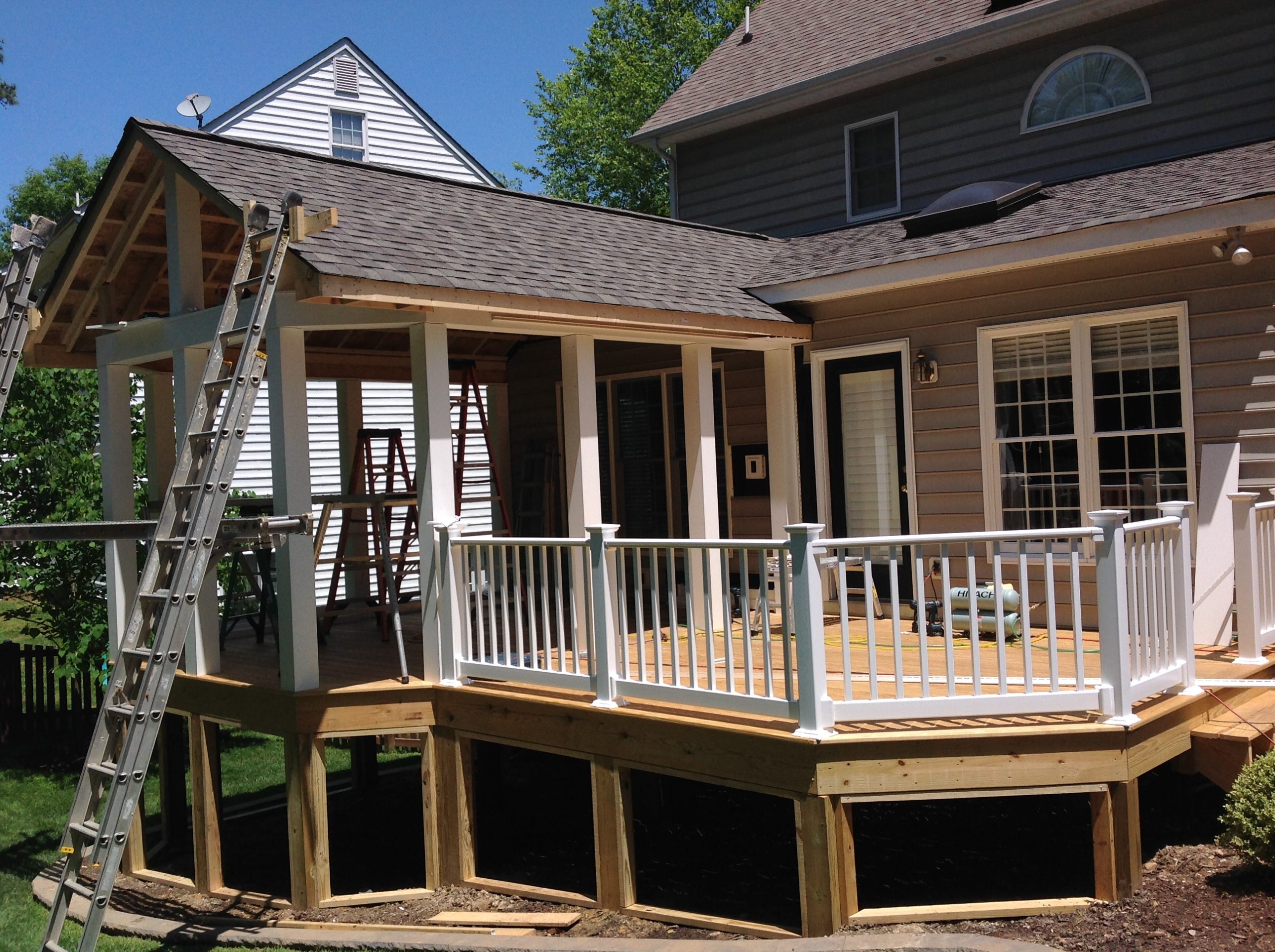8 Point Checklist for hiring a contractor
Everyone knows a contractor, but not every contractor is right for the work on your home.
Licensure and insurance are a must. If the contractors are not properly set-up with general liability insurance or do not want to provide information for your W-9 reporting to the IRS, I would recommend you keep looking for another contractor.
Decisions for your investment property improvement projects should be with intention and diligence. Although it can be a bit tempting to hire a company with the lowest bid, it would be smarter to hire someone who does the job right, and meets all of your expectations.

Where Do I Begin?
Here are easy tips on how you can improve your chances of selecting a credible contractor the first time.
Your 8-Point Hiring Checklist
1. License: Make sure your potential home contractors are licensed and insured. Call your local state business licensing board to verify current licensure and ask about any complaints that have been issued to your potential home contractors. Also be sure to request a copy of both the license and insurance as part of your investigation.
Contractors are licensed as a Class A, Class B, or Class C, and then there are also trade licenses, specifically for HVAC, Electrical, and Plumbing.
Here are the classifications:
Class A: Work on a single contract up to $120,000 or multiple contracts up to $75,000
Class B: Work on a single contract up to $7,500 or multiples up to $120,000
Class C: Work on single contact up to $1,000 or multiples up to $7,500
2. References: Talk to some of your contractor’s previous clients and references. There is no better way to evaluate potential contractors than by talking to their previous customers or checking out the finished work itself. If you get the chance to view some of the work that the company has done, don’t miss it. Ask the references specific questions regarding communication, project time-line, surprises, budget, etc.
3. Insurance: An absolute requirement for every contractor is a General Liability and Workers Compensation Insurance. If a contractor doesn’t have insurance, you could be the one held liable for any accident that can happen under construction premises while work is going on. Get a copy of the contractor’s insurance certificate from their provider before starting any project. Make sure the information is current.
4. Complaints: Search for contractor reviews and complaints online. Run your own background check on these contractors by searching for reviews and complaints from your potential contractions online. You can check out the Better Business Bureau site or other sites such as Angie’s List.
5. Contract: Sign a contract that will protect the interests of both parties. Specify the tasks that need to be completed, its cost, and the payment dates. Don’t forget to be specific with the details.
The scope of work should include that they are responsible for any issues that may occur during the renovation. Residential renovation bids are often poorly documented with a lot of issues being overlooked, poorly defined, or left out. Include in the agreement the pricing, draws for payments, insurance requirements, and timeline for completion.
6. Permits: You should ask your contractors specifically about how they plan to handle necessary permits for the job. If they absolutely refuse to pull permits, consider this a red-flag.
7. Change orders: Be aware of how change orders work. Construction projects can sometimes encounter unexpected conditions. These are conditions that may alter the original construction plan and are left inherent during the bid. Make sure the “change of order” process is clearly defined.
8. Deposit: All contractors will want to have some funds up-front. Be sure that the construction draw process is clearly documented in the contract to avoid future misunderstandings. Be careful of contractors who request all their money up-front.
9. Schedule: Speed of construction is a major consideration. Be sure to clearly define the start date and expected completion date in the contract. Your holding costs on your investment will skyrocket if the construction takes forever to complete.
It’s Not About the Lowest Bid
N The best contractor value consists of a combination of quality labor and materials, ability to clearly communicate, complete the job on-time and price. When searching for a great contractor, you want to find that balance.
Be sure you find a contractor who will be on your team and have your best interest as his primary objective. Keep in mind that you are providing the contractor with a large contract and entrusting him to do a great job and complete it on-time with minimal hassles.
Contact Classic Construction today for your free quote at https://classicconstructionext.com
We are fully insured and properly licensed. We have tons of happy customers throughout the Richmond metro area!
